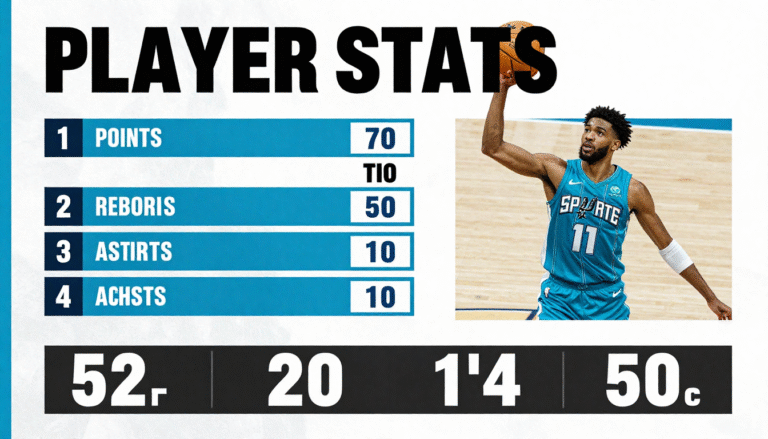When we hear the name Mariah Carey, a few things come to mind instantly—her five-octave vocal range, her chart-topping hits, and of course, “All I Want for Christmas Is You.” But there’s another aspect of Mariah’s life that’s fascinated fans and curious minds for decades—her ethnicity.
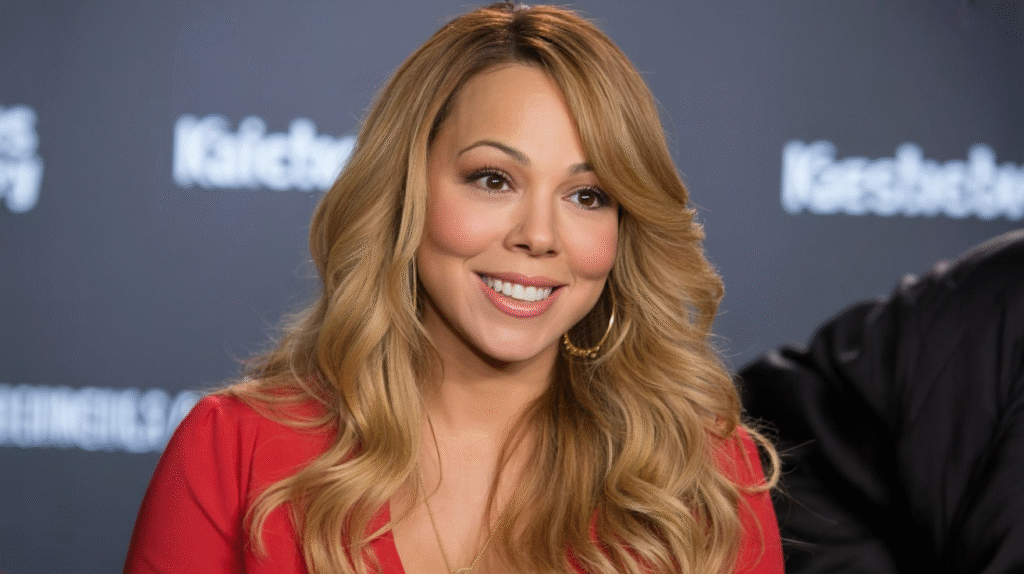
So, who exactly is Mariah Carey in terms of heritage, background, and cultural identity? In this deep dive, we’ll explore Mariah Carey’s ethnic roots, family background, and how her mixed-race identity shaped her life and career.
Table of Contents
1. Introduction: Why Ethnicity Matters
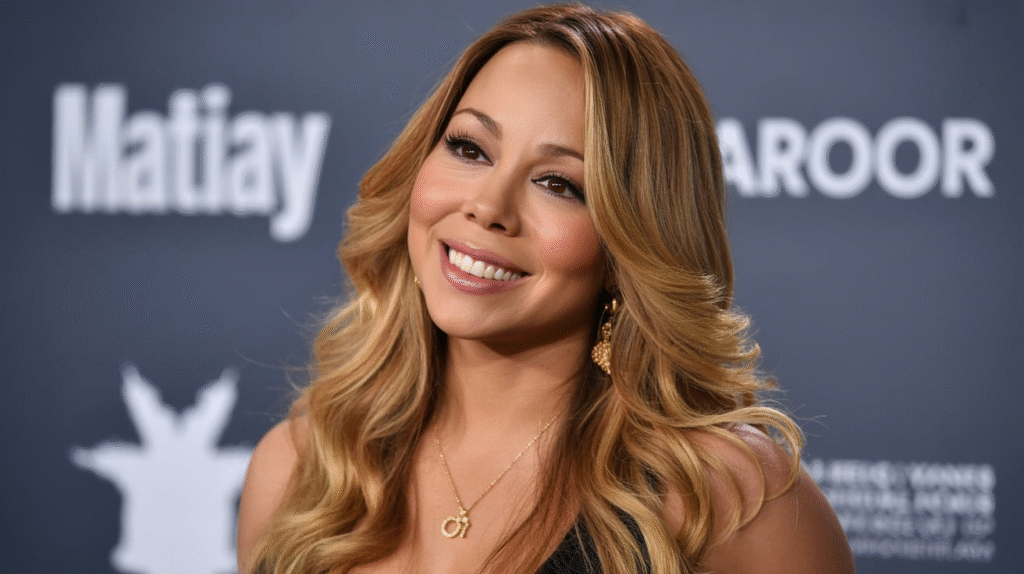
In today’s world, ethnicity is more than just a checkbox on a form—it’s tied to culture, history, identity, and even personal struggles. When a public figure like Mariah Carey steps into the spotlight, people often want to know where they come from, not just musically but ancestrally.
This curiosity isn’t just about labels. It’s about representation—and for someone like Mariah, whose ethnic identity has often been misunderstood or oversimplified, telling the full story matters more than ever.
2. Mariah Carey’s Early Life
On March 27, 1969, Mariah Carey was born in Huntington, New York. Patricia Hickey and Alfred Roy Carey are her parents. From the start, Mariah’s life was anything but ordinary—not just because of her budding talent but because of the racial makeup of her family.
Her parents’ marriage faced serious backlash, and their family endured racism from both white and Black communities. This was the 1970s in America—a time when interracial couples were still often met with hostility.
3. Breaking Down Mariah’s Ethnic Background
Let’s get to the root of the question: What is Mariah Carey’s ethnicity?
- Alfred Roy Carey, the father, is of African-American and Afro-Venezuelan heritage.
- Mother (Patricia Hickey): Irish-American of white European ancestry
This makes Mariah Carey biracial—a mix of Black and white ethnic backgrounds with Latino influence from her father’s side.
Understanding Her Heritage
- Afro-Venezuelan Roots: Her paternal grandfather immigrated from Venezuela, adding Latino and Afro-Caribbean flavor to her family tree.
- African-American Lineage: This portion of her heritage comes with a complex history of identity, culture, and resilience in the United States.
- Irish-American Ancestry: Her mother’s background brings in European roots, adding yet another cultural layer.
4. The Struggles of Growing Up Mixed-Race
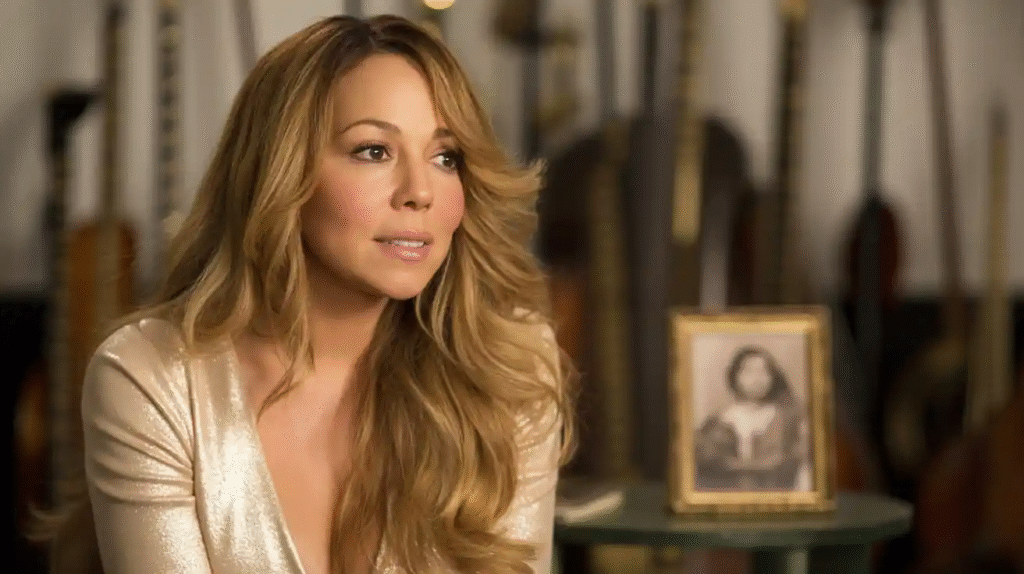
Growing up mixed-race in a predominantly white neighborhood wasn’t easy for Mariah. In interviews and even in her memoir “The Meaning of Mariah Carey,” she shares stories of:
- Being ostracized at school
- Racial slurs thrown at her family
- Not feeling accepted by either Black or white communities
Mariah has said that she often felt like she didn’t belong anywhere. As someone who is also biracial, I can personally relate to this painful in-between feeling—too white for the Black kids, too Black for the white kids.
5. Mariah’s Relationship with Her Identity
For many years, Mariah Carey didn’t speak openly about her ethnic background. Part of this was personal—growing up with trauma, confusion, and identity issues—but part of it was professional. The music industry didn’t quite know how to market her.
She wasn’t clearly “Black” or “white” and that made some label executives nervous in the 1990s.
But as her confidence grew, so did her willingness to share her truth. She began embracing her background, especially in later interviews and in her writing.
“It’s been a lifelong struggle for me to find a place where I feel comfortable being who I am.” – Mariah Carey
6. How Her Ethnicity Influenced Her Music
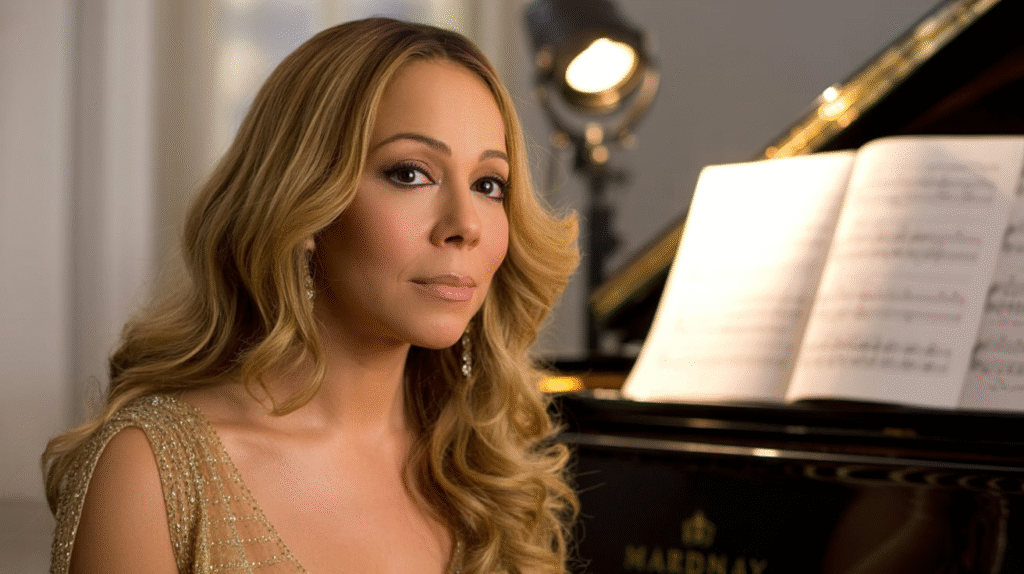
If you listen closely to Mariah Carey’s music, her cultural roots are everywhere.
R&B and Gospel Influence
Her African-American background shines through in her soulful riffs and gospel-inspired ballads. Songs like “Vision of Love” and “Fly Like a Bird” are deeply rooted in Black musical traditions.
Latin Rhythms
Though less prominent, her Latin influence peeks out in select tracks and remixes. Her appreciation for rhythm and flavor definitely nods to her Afro-Venezuelan side.
Lyrical Themes
Many of her lyrics reflect the pain of not belonging, struggling with love, and searching for identity—all issues that resonate deeply with the mixed-race experience.
7. Media Misrepresentation and Colorism
Mariah’s light skin tone often led the media to mislabel or downplay her Black identity.
Misrepresentation in the Press
Early magazine articles referred to her as “exotic” or “ambiguous,” often avoiding direct mention of her African-American heritage. This was not a coincidence—it was a deliberate marketing tactic that erased part of who she was.
Colorism in the Industry
Mariah’s experience also reflects the broader issue of colorism—the preferential treatment of lighter-skinned individuals within communities of color. While she benefited from her light skin in some ways, it also created tension around her authenticity.
8. Personal Insight: The Multiracial Experience
As someone of mixed heritage myself (half Black and half European), I understand the unique challenges that come with this identity. You’re constantly code-switching, trying to be “enough” for both sides. You often battle with imposter syndrome and feel the need to prove your authenticity.
Mariah Carey’s openness about this part of her life helped me—and millions of others—feel seen. She turned personal pain into art, and that is what makes her story so powerful.
9. Why Mariah’s Story Resonates Today
In today’s world, conversations around identity, race, and belonging are more important than ever. Mariah Carey’s ethnic background isn’t just a footnote in her biography—it’s a lens through which we can understand America’s complicated racial history.
Her story sheds light on:
- The challenges of growing up multiracial
- The struggle to be accepted by both sides
- The strength it takes to define yourself on your own terms
Mariah has become a symbol for people who live in the “in-between.” She’s proof that you don’t have to choose one part of yourself—you can be both. Or all.
10. Final Thoughts and Takeaway
Afro-Venezuelan, Irish-American, and African-American ancestry make up Mariah Carey’s diverse ethnic background. But more than that, it’s a story of resilience, identity, and self-discovery.
She didn’t let stereotypes define her. She embraced her complexity and turned it into power.
For fans and curious readers alike, understanding Mariah Carey’s ethnicity isn’t just about trivia—it’s about appreciating the human behind the music. It’s about realizing that identity is never one-dimensional. And in a world that often tries to put people in boxes, Mariah Carey broke free—and soared.
Frequently Asked Questions (FAQ)
Q1: What is Mariah Carey’s ethnicity?
A: Mariah Carey is mixed-race; her mother is Irish-American, and her father was African-American and Afro-Venezuelan.
Q2: Is Mariah Carey Black or white?
A: Mariah Carey is biracial. She has both Black (African-American and Afro-Latino) and white (Irish) heritage.
Q3: Did Mariah Carey ever speak about her race?
A: Yes, Mariah has openly discussed her struggles growing up as a mixed-race child and how it affected her sense of identity, especially in her memoir “The Meaning of Mariah Carey.”
Q4: Did Mariah Carey grow up in a multicultural setting?
A: No. She grew up in mostly white neighborhoods and often felt isolated and misunderstood because of her racial background.
Q5: Has her ethnicity influenced her music?
A: Absolutely. Her soulful sound, gospel roots, and emotional lyrics reflect her African-American background, while her mixed identity shapes her perspective and storytelling.





